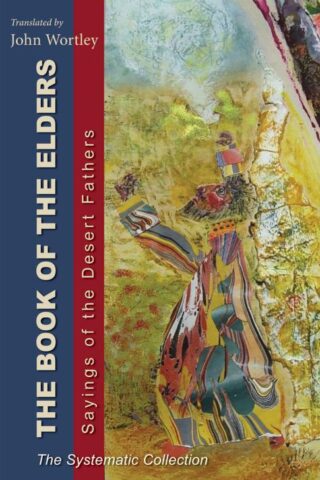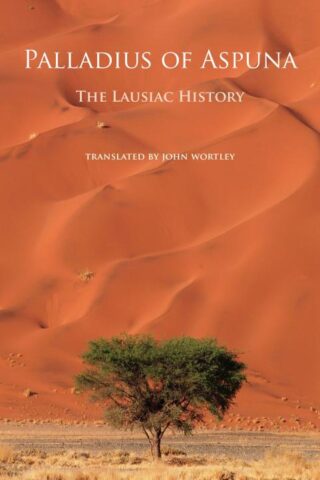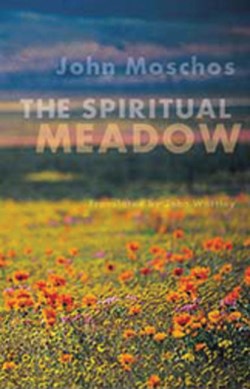John Wortley
Showing all 3 resultsSorted by latest
-
Book Of The Elders
$49.95Add to cartIn the early part of the fourth century, a few Christians, mostly men and some women, began to withdraw from “the world” to retreat into the desert, there to practice their new religion more seriously. The person who aspired to “renounce the world” first had to find an “elder,” a person who would accept him as a disciple and apprentice. To his elder (whom he would address as abba–father) the neophyte owed complete obedience; from his abba, he would receive provisions (as it were) for the road to virtue. In addition to the abba’s own example of living, there was the verbal teaching of the elders in sayings and tales, setting out the theory and practice of the eremitic life.
In due course, these sayings (or apophthegmata) were written down and, later, collected and codified. The earliest attempts to codify tales and sayings are now lost. As the collection grew, they were first organized alphabetically, according to the name of the abba who spoke them, in a major collection known as the Apophthegmata Patrum Alphabetica. A supplementary collection, the Anonymous Apophthegmata, followed. Later, both collections were combined and arranged systematically rather than alphabetically. This collection was created sometime between 500 and 575 and later went through a couple of major revisions, the second of which appeared sometime before 970.
This second revision was published in an excellent new critical edition, with a French translation, in 1993. Now, in The Book of the Elders, John Wortley offers an English translation of this collection, based entirely on the Greek of that text.
-
Lausiac History
$24.95Add to cartBorn in Galatia in the 360s, Palladius enrolled as a monk on the Mount of Olives in his early twenties. As a monk, he traveled to Alexandria, the desert of Nitria, the Cells, Palestine, Rome, and the Thebaid. During his travels he encountered Rufinus of Aquileia, Melania the Elder, the hermit Dorotheos, Macarius of Alexandria, Evagrius of Pontus, Jerome of Bethlehem, and John Chrysostom. He wrote this elegant account of his visits to various monastic sites in Egypt toward the end of the fourth century AD for the imperial chamberlain Lausus. It is both the most sophisticated and the most informative of the few documents illustrating the earliest chapter in the history of Christian monasticism. Palladius’s work is the only one of the major monastic writings not written for fellow monks to inspire them with models for their emulation but rather for a man very much of the world, with the explicit intention of exerting not only religious but also political influence.
-
Spiritual Meadow Of John Moschos
$39.95Add to cart‘I have plucked the finest flowers of the unmown meadow and worked them into a row which I now offer to you’, wrote John Moschos as he began his tales of the holy men of seventh-century Palestine and Egypt. This translation offers readers contemporary insights into the spirituality of the desert.



